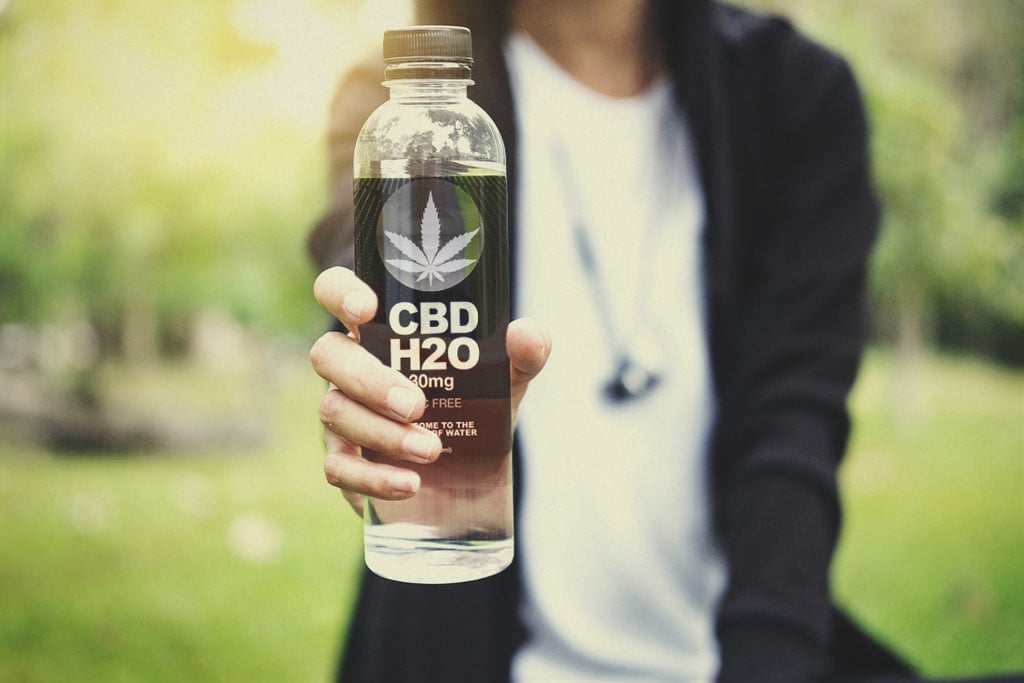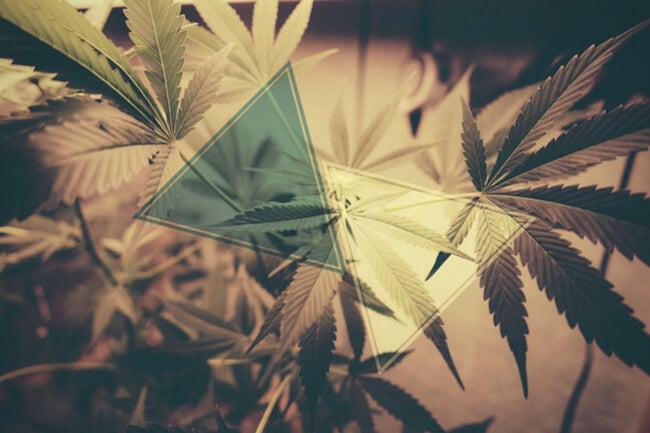.
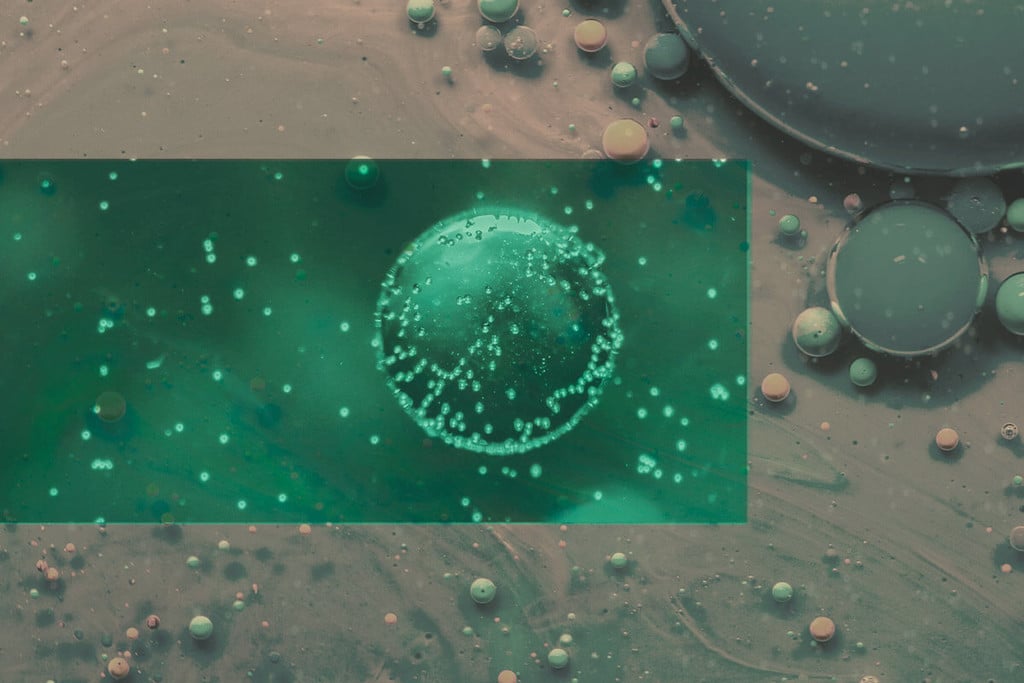
What Is Nanoemulsion And How Does It Affect CBD?
CBD oils and cannabis concentrates are hydrophobic substances. Poor water solubility results in low bioavailability, meaning only a small fraction of cannabinoids are absorbed by the body. Today, nanotechnology is set to change the game with higher potency and faster onset at lower doses. Discover the new world of CBD nanoemulsions.
Is a new generation of CBD products about to take the place of “old-school” oils and creams? We don’t know for sure yet, but it will likely be a battle on the grounds of bioavailability, the degree to which a substance becomes available to target cells.
The more bioavailable a dose, the lower the quantity needed to experience effects. An intravenous dose is considered 100% bioavailable because it enters the bloodstream directly in aqueous form.
Bioavailability is a critical factor in cannabis and CBD consumption. The best way to increase the effectiveness of CBD (or THC) without taking more is actually to enhance its bioavailability. Oil-based products, such as CBD oils and creams designed for ingestion or topical use, have a relatively low bioavailability because the CBD molecule is hydrophobic. Cannabinoids are resinous substances that don’t mix with water, which is unavoidably the main constituent of our body.
IMPROVING THE EFFECTIVENESS OF CBD WITH NANOEMULSION
To circumvent cannabinoids’ natural resistance to being absorbed into the bloodstream, new technologies can now break oily substances down into tiny particles that are then emulsified into a stable form.
This progress has made possible the transformation of CBD oils into more water-friendly forms, resulting in increased bioavailability. Today, nanoemulsion technology allows companies to produce a new generation of almost water-soluble CBD and THC oils.
WHAT IS NANOEMULSION?
Technically speaking, oil-in-water emulsions are mixtures wherein water is the continuous phase and oil is the dispersed phase, often stabilised by one or more emulsifiers, also named surfactants. These surfactants can be natural or artificial, and they are useful to reduce the surface molecular tension between oils and liquids.
Emulsions can be macro, micro, or nano, according to dispersed phase particle size.
Nanotechnology has been recently applied to the food and nutrition industry in order to solve issues such as bioavailability and food consistency. Some of the results are water-compatible nanoemulsions of supposedly healthy ingredients that can be mixed into any beverage.
Nanoemulsions are produced by ultrasonic liquid processors that break the dispersed phase down into 10–1,000nm droplets. These droplets are much smaller than the range for conventional macroemulsions (0.1–100µm), and they can be easily carried through the body by a water-based compound of choice. Practically speaking, the smaller you can break up your cannabinoid, the more it will be able to penetrate your tissues alongside water.
WHAT ARE THE ADVANTAGES OF NANOEMULSION?
Nanoemulsion is being studied as a way to deliver fast-acting antidotes to viruses, and for several other medical applications. Over 60 drugs with nanoemulsion technology have been approved so far, and research keeps progressing. As an example, a study[1] suggests that nanoemulsions significantly increase the bioavailability of transdermal δ-Tocopherol (a type of vitamin E).
Nanoemulsions have also been developed for improving the bioavailability of curcumin[2] and lutein in food supplements. The same progress is taking place in the cannabis industry. CBD and other cannabis components in oil form can be nanoemulsified into novel formulations to improve intestinal absorption[3].
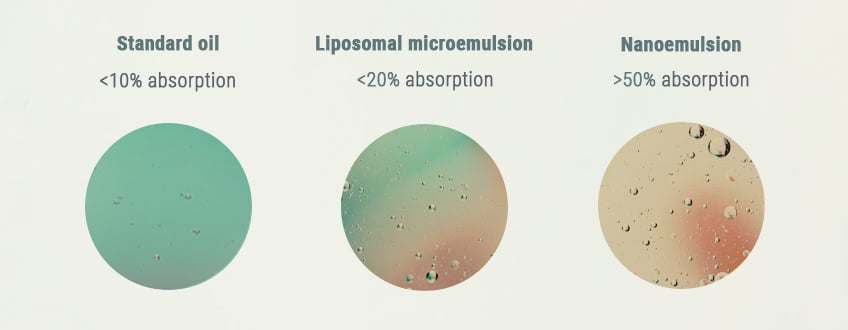
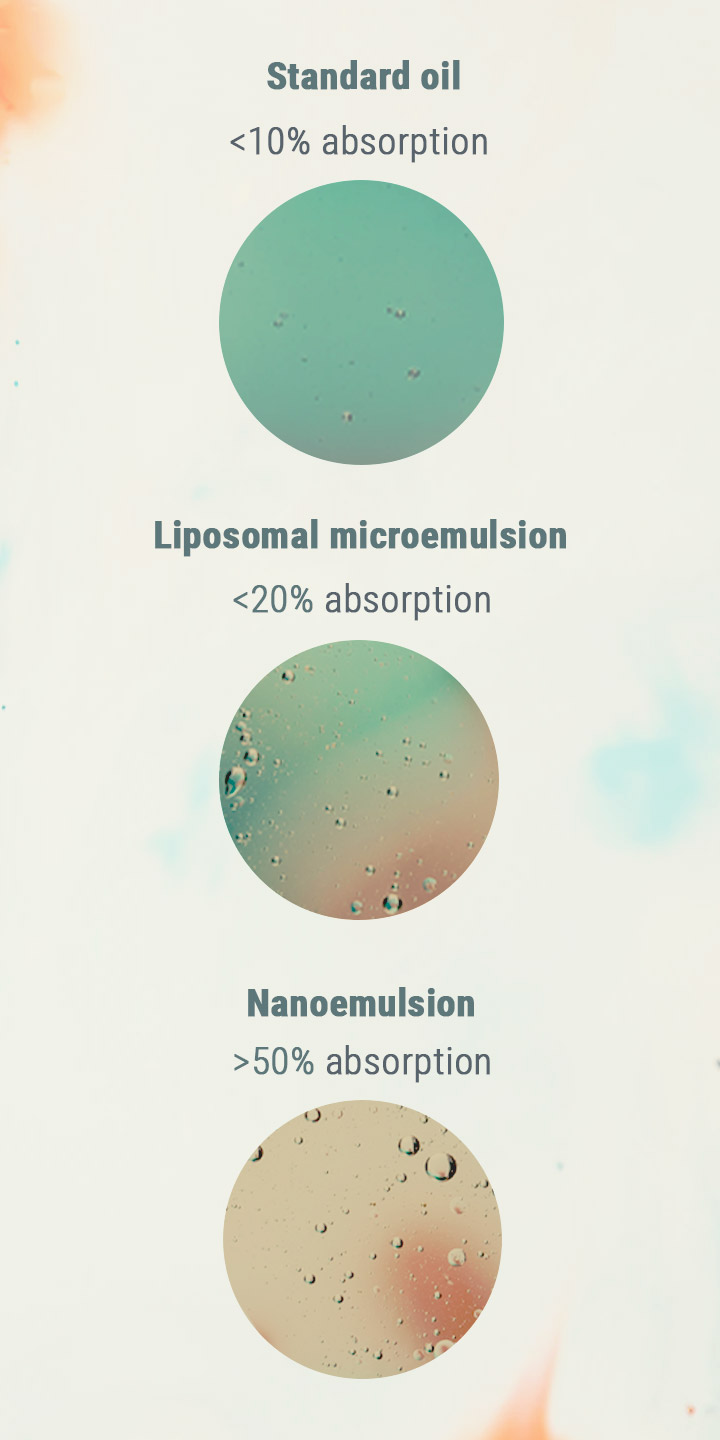
A few pioneering laboratories have developed pharmaceutical-grade cannabinoid nanoemulsions, declaring that their nanoemulsified form of CBD provides an immediate onset, with much higher absorption and therapeutic effects at lower doses. Some next-level nanoemulsified cannabinoid formulations also incorporate natural absorption enhancers[4], such as piperine.
DOES NANOEMULSION HAVE ANY DISADVANTAGES?
The main drawback of this technology is the cost of production. Nanoemulsified CBD products are obviously more expensive than good old CBD oils. Their effect might also be different.
Nanoemulsions may offer more relief from pain or anxiety at the cost of a harder “landing” when the effects wear off. Moreover, their increased bioavailability also means increased potential for side effects, even if CBD is considered safe. Finally, only a few brands offer these new products, thus you won’t be able to read many independent reviews online yet.
HOW DO LIPOSOMES AND NANOEMULSION COMPARE?
Another recent, well-consolidated technology in the pharmaceutical arena are liposomes.
Liposomes can transport active ingredients through the gastrointestinal tract into target areas of the body without them degrading. The ingredients inside these tiny spheres are protected until they reach their target, resulting in greater bioavailability.
Liposomes are now being used by the nutraceutical and CBD industries to improve bioavailability and protect precious molecules, with no side effects. This drug delivery form can be applied to create CBD oil and water mixtures similar to nanoemulsions, being a step further from regular oils in terms of bioavailability. Until nanotechnology goes mainstream, liposomal CBD will remain one of the most healthy and efficient delivery forms available.
IS NANOEMULSION CBD OIL THE FUTURE?
With their high physical stability and fast absorption supporting bioavailability ratios close to intravenous administration, nanoemulsions will likely take a respectable place on medical cannabis shelves.
However, nanoemulsion doesn’t truly make CBD water soluble, and clinical research on this administration form is in the very early stages, even with promising preliminary results. The full potential impacts of nanoemulsions, nanoencapsulated phytochemicals, and even nanocrystals and polymeric micelles are still to be discovered, yet nanotechnology applications in cannabis derivatives are certainly more than just marketing hype.
- Increased bioavailability of a transdermal application of a nano-sized emulsion preparation - ScienceDirect https://www.sciencedirect.com
- Improving the Oral Bioavailability of Curcumin Using Novel Organogel-Based Nanoemulsions https://pubs.acs.org
- Development of a Novel Nanoemulsion Formulation to Improve Intestinal Absorption of Cannabidiol https://www.karger.com
- The effect of Pro NanoLipospheres (PNL) formulation containing natural absorption enhancers on the oral bioavailability of delta-9-tetrahydrocannab... - PubMed - NCBI https://www.ncbi.nlm.nih.gov




























